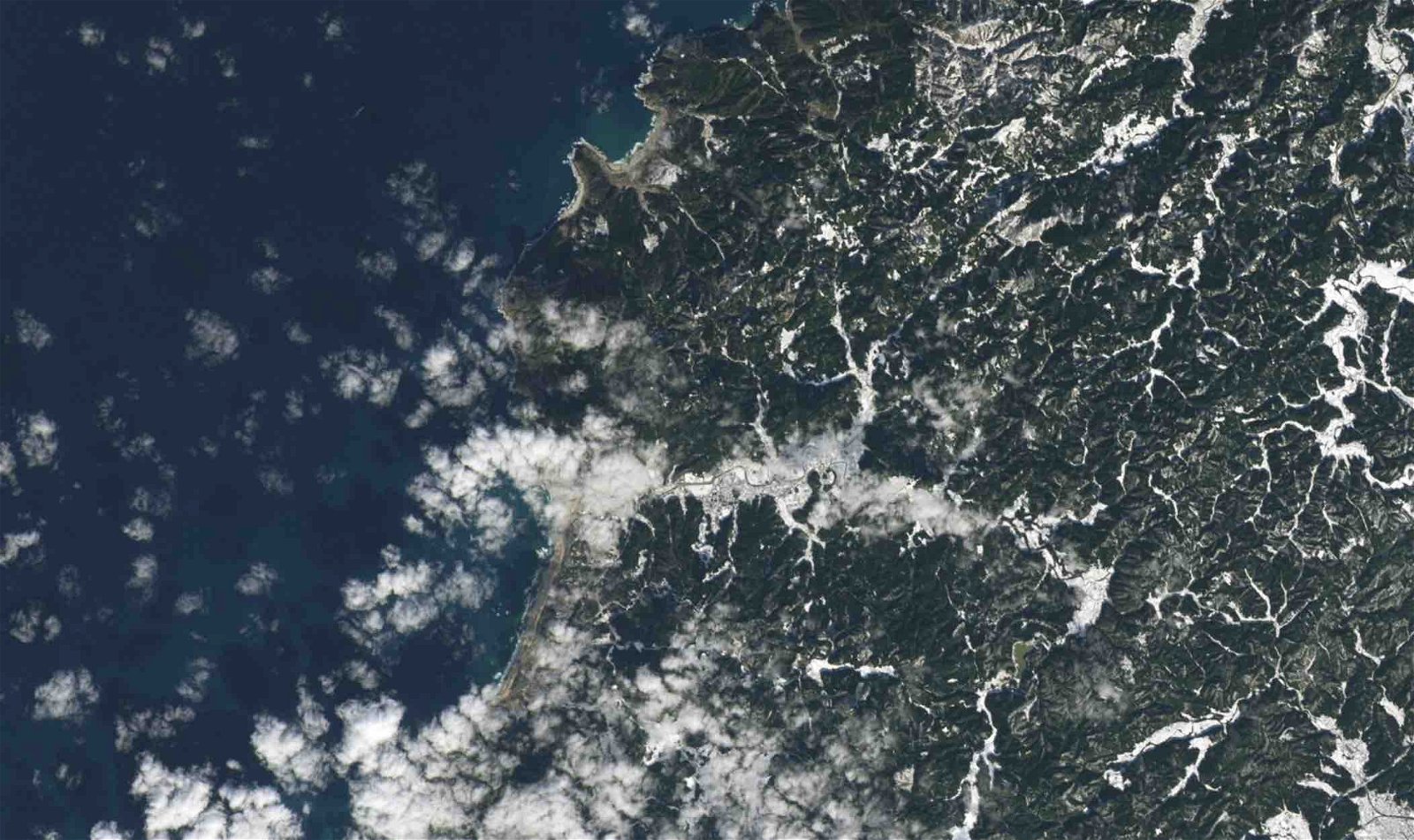Since late 2020, the Noto Peninsula in northern Japan has experienced ongoing occurences of earthquake swarms, a series of perplexing seismic events that, until now, did not appear to have any clear trigger indicating their cause.
Now, a newly published study by an international team of researchers has revealed that the mysterious earthquake swarms may be linked to climate events. The correlations detected between weather systems and an earthquake swarm that occurred in northern Japan appear to highlight the association between changes in underground pressure that may trigger earthquakes and seasonal precipitation.
The new findings were reported by researchers from MIT, Grenoble Alpes University, the University of Vienna, Tohoku University, and the University of Tokyo.
Mysterious Earthquake Swarms
Earthquake swarms are seismic events that occur in sequences within a localized area. Usually short in duration, seismologists have recognized that they are different from major earthquakes in that no single event in the sequence of earthquakes can be identified as the primary shock. Because of this, earthquake swarms are distinct from large primary earthquakes, which are often followed by a series of smaller aftershocks.
In the team’s new research study, lead author Qing-Yu Wang and his colleagues reviewed seismic data collected from Japan’s Meteorological Agency spanning more than a decade, calculating seismic velocities across the Noto Peninsula. During their research, clear patterns began to emerge that coincided with variations in seasonal precipitation.
Employing a hydromechanical model that allowed them to simulate pore fluid pressure changes associated with heavy snow or rain, the team was able to incorporate meteorological data from the region and compare it with seismic velocity patterns.
Confirming Seismic Models
Based on their findings, seismic velocity appears to change in accordance with predictions based on the team’s models, which showed some of the strongest correlations with intense periods of snowfall. Based on these observations, Wang and the team believe that heavy snowfall has a noticeable influence on pressure conditions belowground, which was shown to correlate with both the intensity and timing of earthquake swarms in the region.
The team’s findings help to emphasize the need for additional research into the role of climate conditions as secondary triggers of seismic events. This is of special significance when viewed in relation to climate change and how warming trends in many parts of the world are helping to facilitate extreme precipitation events, which could offer a viable explanation for the sudden increase in earthquake swarms in locations like northern Japan within the last few years.
William Frank, an assistant professor in MIT’s Department of Earth, Atmospheric, and Planetary Sciences (EAPS) and a co-author of the study, says the team’s findings clearly show a relationship between climate models and earthquake activity.
“We see that snowfall and other environmental loading at the surface impacts the stress state underground, and the timing of intense precipitation events is well-correlated with the start of this earthquake swarm,” Frank said in a statement.
“So, climate obviously has an impact on the response of the solid earth, and part of that response is earthquakes.”
The study’s authors note that well-documented tectonic forces remain the primary drivers of seismic events. However, incorporating the new findings that associate earthquake swarms with heavy precipitation could help researchers expand their knowledge overall in the years ahead and potentially help predict when earthquakes are likely to occur based on close monitoring of weather data.
Micah Hanks is the Editor-in-Chief and Co-Founder of The Debrief. He can be reached by email at micah@thedebrief.org. Follow his work at micahhanks.com and on X: @MicahHanks.

